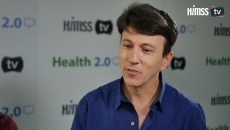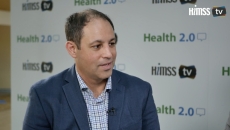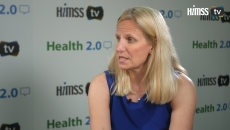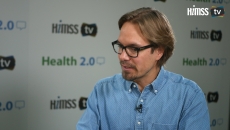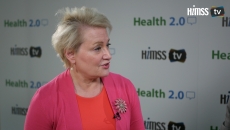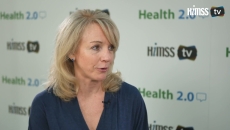Health 2.0
Next week at Health 2.0 in Santa Clara, Dr. Vik Bakhru will offer his advice to providers and startups looking to expand their reach to the patients most in need.
Exponential Medicine founder and chair Dr. Daniel Kraft discusses reinventing health in medicine to get unstuck from a "sick care system."
At the Health 2.0 Annual Fall Conference next week in Santa Clara, I'll sit down with Livongo Executive Chairman Glen Tullman to look back at the company's IPO — and ahead to healthcare's digitally-empowered future.
Health 2.0's Unacceptables panel zeros in on human trafficking, homelessness and maternal mortality.
Medisafe has integrated its medication management platform with Apple Health Records to make it easier to keep tabs on prescriptions and boost medication adherence, says CEO Omri Shor.
Representatives from Oura Ring, Arc Fusion, FitnessGenes, Everlywell and Headspace will take the stage at Health 2.0 to demo products and discuss the future of consumer-focused digital health.
Risa Stack, general manager at GE Ventures, discusses new avenues for digital health, from patient experience to personalized medicine.
Ari Tulla, CEO of Quest Analytics, says that in the U.S. and abroad, information liberation is the goal.
Network for Excellence in Health Innovation President and CEO Susan Dentzer says technology is no longer a barrier to at-home healthcare.
Meru Health's online clinic can interrupt the downward spiral of depression and anxiety that could lead to suicide, according to Emily Hine, VP of business development.
